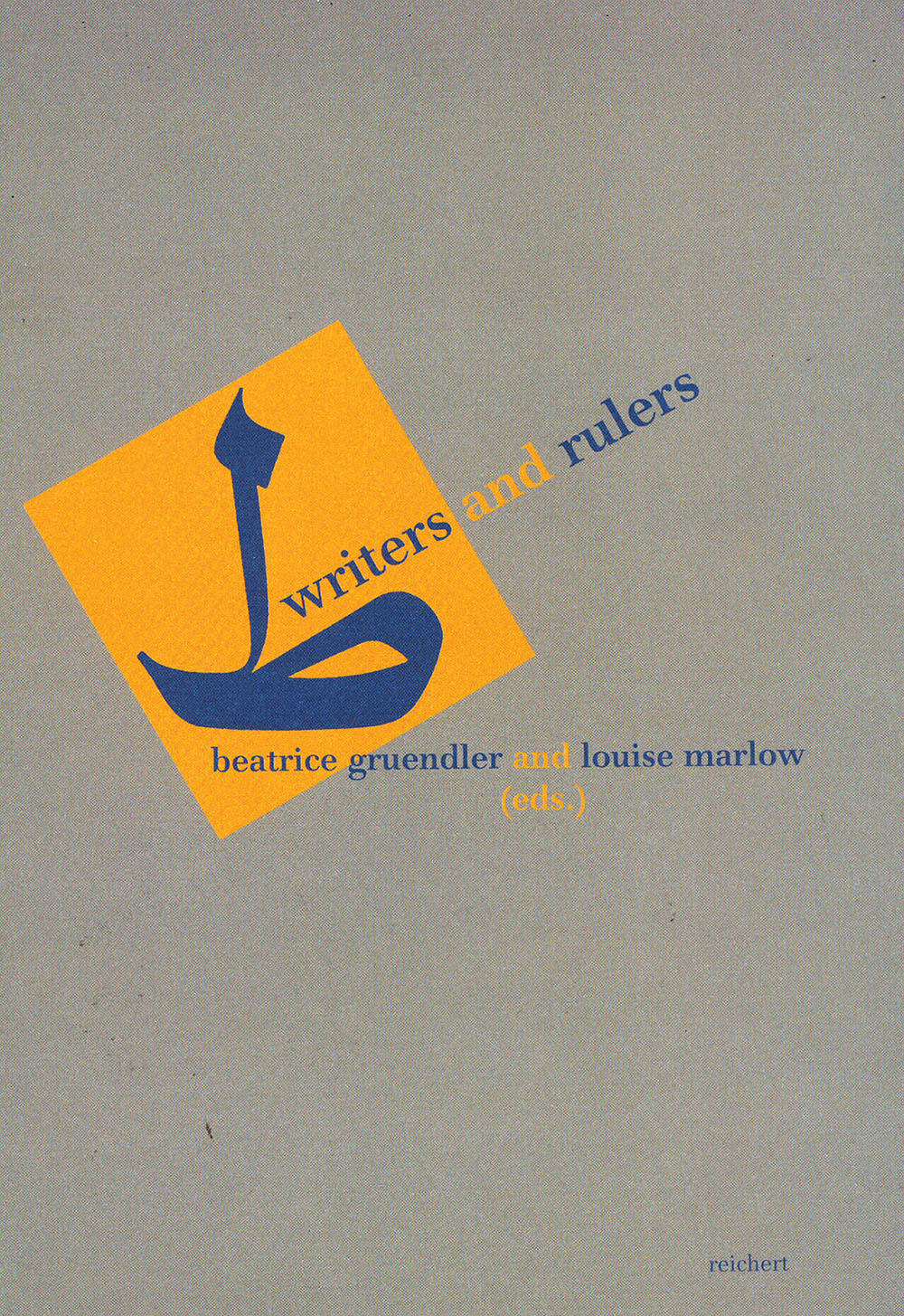
Writers and Rulers: Perspectives from Abbasid to Safavid Times.
Literaturen im Kontext: Arabisch – Persisch - Türkisch, vol. 16. Wiesbaden: Reichert, 2004.
Nine essays examine how Arabic and Persian literature between the ninth and seventeenth centuries often served a twofold function: bringing rulers didactic, ethical, and ideological concerns, and ensuring livelihood, protection, and status of their authors. In order to counteract the higher power of an addressee, the writer, with the authority of religious law or ethical ideals, exercised criticism and praised the value of his own art. The rulers sought a place in literary tradition by means of death charges, praise poems, four-line poems, love letters, letters of officialdom, government statutes, dynastic historiography, princely mirrors and shadow play, while rulers pursued the public display of their education and generosity and their honorable afterlife.